As the title suggests I would like to export my private key without using OpenSSL or any other third party tool. If I need a .cer file or .pfx file I can easily export these via MMC or PowerShell pkiclient but I can't find a way to get the private key.
https://learn.microsoft.com/en-us/powershell/module/pkiclient/export-certificate?view=win10-ps
Using an online tool like https://www.sslshopper.com/ssl-converter.html is not OK.
PSVersion:
PS C:\Users\oscar> $PSVersionTable
Name Value
---- -----
PSVersion 5.1.17134.228
PSEdition Desktop
PSCompatibleVersions {1.0, 2.0, 3.0, 4.0...}
BuildVersion 10.0.17134.228
CLRVersion 4.0.30319.42000
WSManStackVersion 3.0
PSRemotingProtocolVersion 2.3
SerializationVersion 1.1.0.1
I can get the public key like this:
(Get-PfxCertificate -FilePath C:\Users\oscar\Desktop\localhost.pfx).GetPublicKey()
And export the entire certificate like this:
(Get-PfxCertificate -FilePath C:\Users\oscar\Desktop\localhost.pfx).GetRawCertData()
Result from
PS C:\Users\oscar> $mypwd = ConvertTo-SecureString -String "MyPassword" -Force -AsPlainText
PS C:\Users\oscar> $mypfx = Get-PfxData -FilePath C:\Users\oscar\Desktop\localhost.pfx -Password $mypwd
PS C:\Users\oscar> $mypfx
OtherCertificates EndEntityCertificates
----------------- ---------------------
{} {[Subject]...
PS C:\Users\oscar> $mypfx.EndEntityCertificates
Thumbprint Subject
---------- -------
8ED4971564E35099D6DB490C3756E2AD43AAAAAA CN=localhost
Tested the command from @Brad but I got the error below.
Private key is NOT plain text exportable
certutil -exportPFX -p "myPassword" -privatekey -user my <Certificate Serial Number> C:\localhost.pfx
Similar to Certificate Export Wizard in MMC certificates, only export to .pfx available if the key is included.

